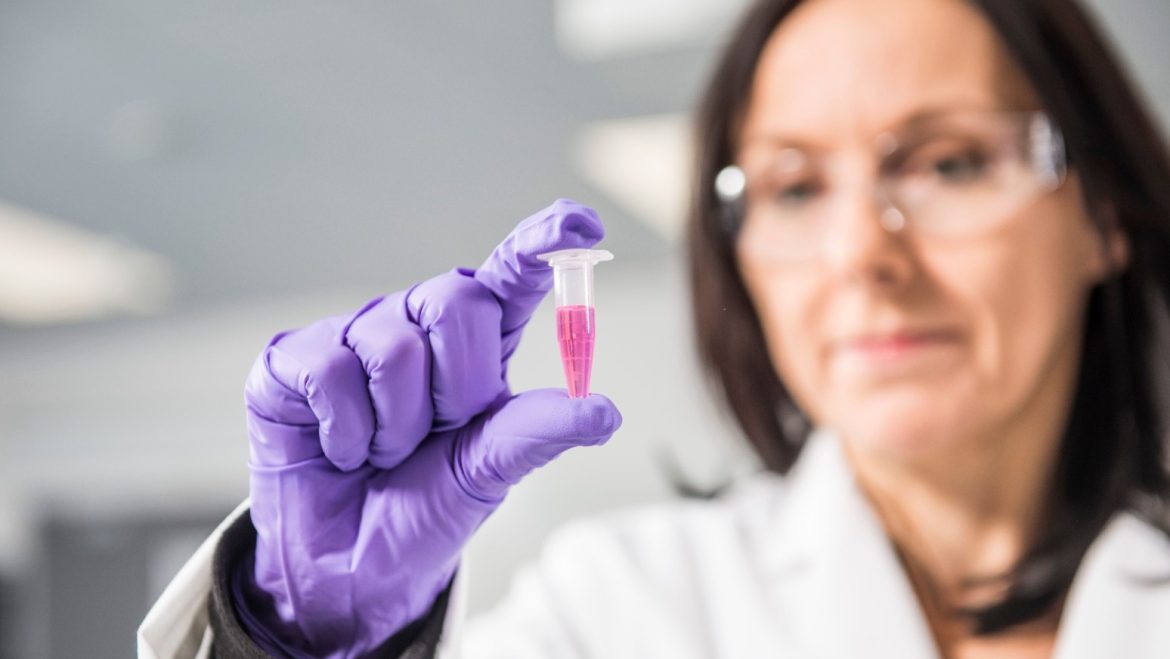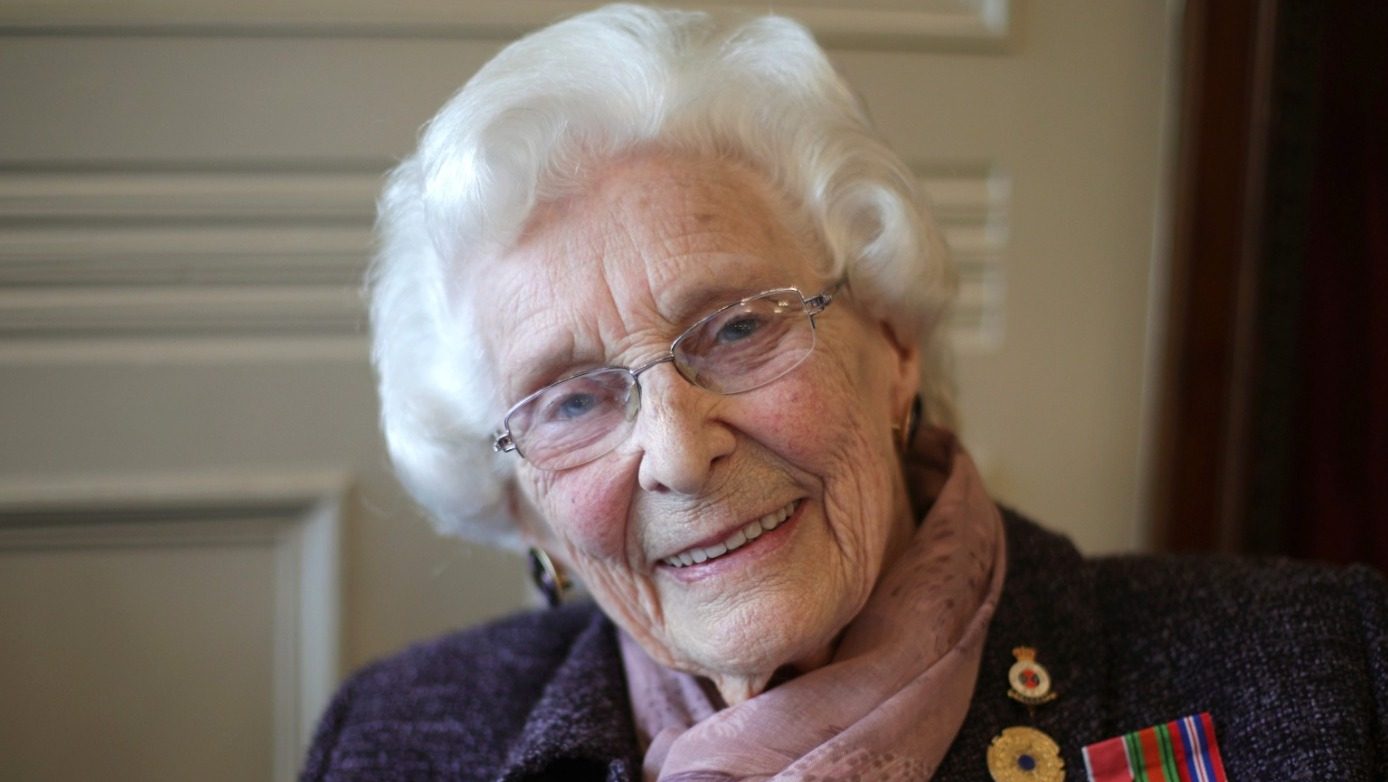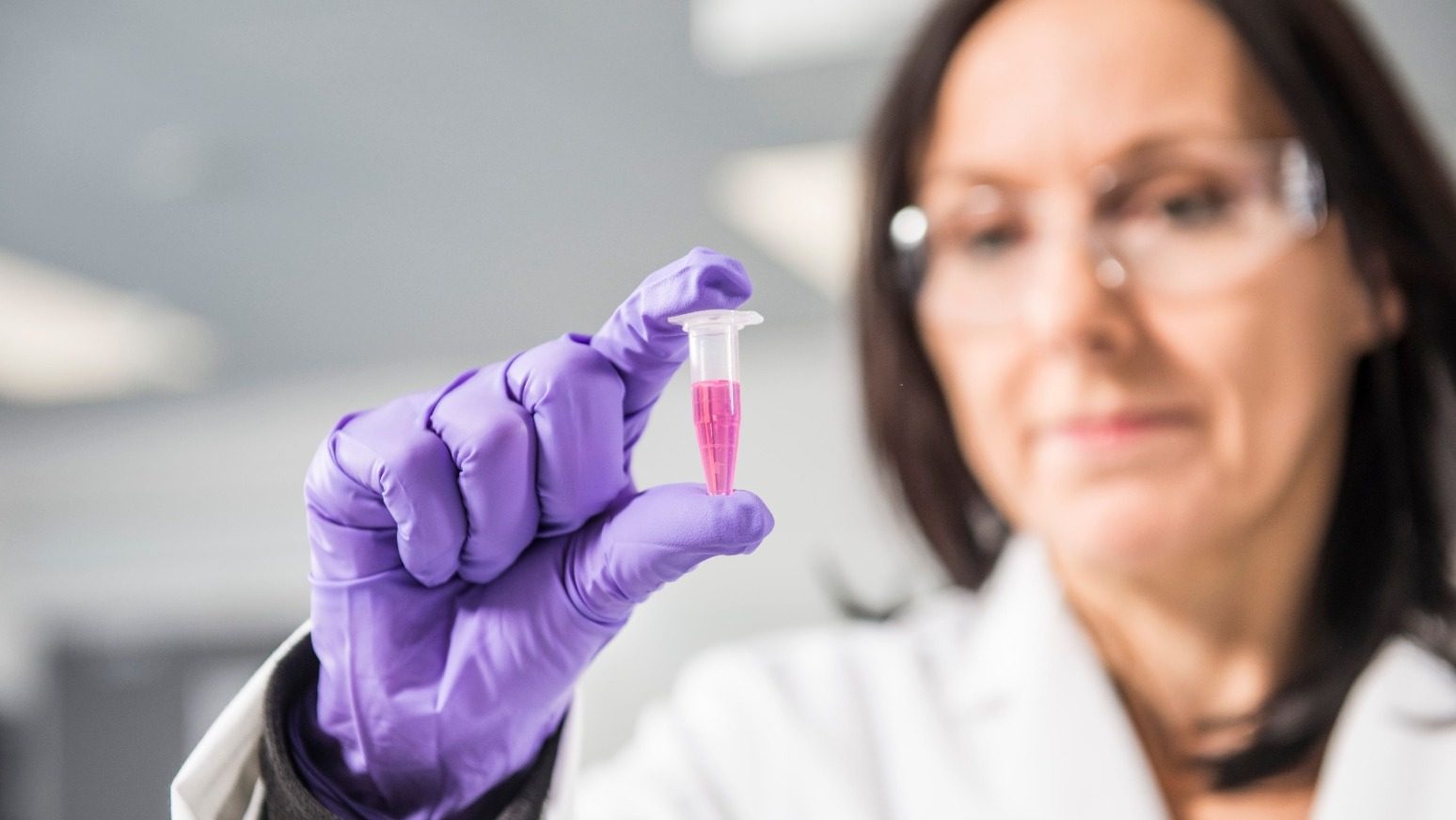A centre where researchers will analyse wastewater to detect diseases early and alert officials to potential outbreaks has been launched in a UK-first.
The team at the Centre of Excellence in Water-Based Early-Warning Systems for Health Protection (CWBE) in Bath will test sewage and water used by homes and businesses to look for chemicals and markers of viruses and bacteria.
It is hoped the system could one day be rolled out nationwide, helping to prevent future pandemics and providing a better understanding of chronic diseases such as diabetes.
Researchers at the CWBE will work with Wessex Water to collect and analyse weekly samples from four urban areas in Bath and Bristol, along with rural areas in Paulton and Radstock, Somerset.
They will look for hundreds of trace chemicals, as well as pathogen markers such as molecules from viruses and bacteria.
It is hoped testing wastewater in this way will act as an early-warning system for disease outbreaks.
The findings could be used to alert public health officials and allow hospitals to prepare for patients or to bring in infection control measures.
The centre is being led by Professor Barbara Kasprzyk-Hordern, of the University of Bath’s Institute of Sustainability and Climate Change, with partners including the UK Health Security Agency (UKHSA).
Prof Kasprzyk-Hordern said: “We saw during the Covid-19 pandemic how useful it was to get data on numbers infected and their location, but it took days to get data back from PCR tests and was very expensive.
“Since whole communities contribute to wastewater, monitoring it is several orders of magnitude cheaper and faster than clinical screening.”
Researchers will also look for chemicals expelled by the body which indicate chronic disease, stress, inflammation, dietary habits, use of medication or illicit drugs, and exposure to hazardous chemicals or pesticides.
This can then be analysed alongside population and prescription data to give a snapshot of public health, which is known as wastewater-based epidemiology (WBE).
Prof Kasprzyk-Hordern added: “WBE is comprehensive, anonymous and unbiased – it can pick up asymptomatic cases, those from difficult-to-reach communities or areas lacking testing infrastructure.
“By using wastewater-based epidemiology we are enabling public health experts to monitor health and environmental risks quickly and efficiently.”
Initial data from the CWBE will be collected over a year, after which researchers can introduce and test interventions to improve public health.
Dr Matthew Wade, of the UKHSA and a visiting fellow at the University of Bath, said: “The UKHSA has been working closely with Barbara’s team at the University of Bath for several years to develop a national wastewater monitoring system for infectious diseases and collecting public health data.
“We’re delighted to continue to be part of this important project and very excited to achieve this milestone of launching the UK’s first pilot wastewater monitoring centre.”










